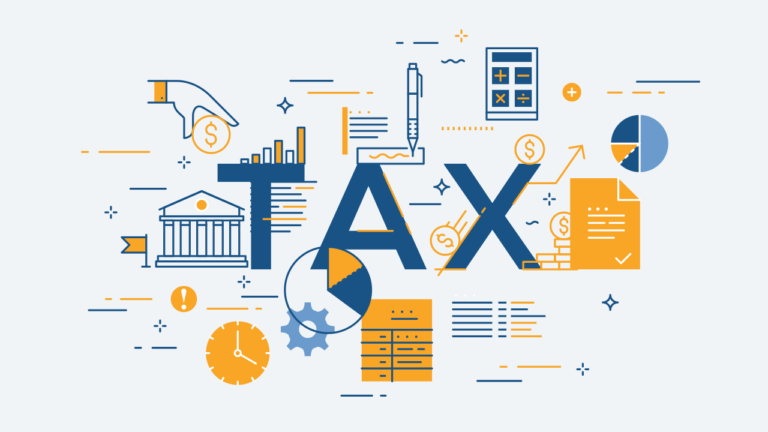The Federal Government has unveiled critical elements of its proposed tax reform agenda, which is expected to ease the cost of living and increase the financial well-being of Nigerian workers once implemented.
Dr. Taiwo Oyedele, who chairs the Presidential Committee on Fiscal Policy and Tax Reforms, highlighted that the newly proposed tax measures are focused on putting more money into workers’ pockets while strengthening the economy’s foundation.
According to Oyedele, under the proposed framework, individuals earning up to ₦1.3 million annually (just over ₦100,000 monthly) would no longer be required to pay Pay As You Earn (PAYE) tax. This exemption is set to benefit more than a third of Nigeria’s workforce across both public and private sectors.
In addition, the reform package reduces PAYE rates for individuals earning up to ₦20 million per year, offering relief to an estimated 60% of Nigerian employees. Personnel serving in the military will also be fully exempted from PAYE obligations, reflecting a broader strategy to recognize and support national security operatives.
VAT Relief to Reduce Daily Expenses
The reforms also propose major exemptions on value-added tax (VAT) for essential goods and services. Among the items to be made VAT-free are food, education services, healthcare, rent, transportation, renewable energy, CNG, baby care products, sanitary items, and fuel.
Oyedele explained that these exemptions are targeted at daily necessities, which account for over 80% of average household expenses, and close to all expenditures among lower-income earners. The intention is to protect vulnerable populations from the brunt of inflation and rising living costs.
“These steps are designed to create breathing space for families, particularly those earning less, by cutting back on taxes that touch their everyday lives,” he noted.
Support for Salaries, Employment, and Affordable Housing
Beyond income tax relief, the reforms propose tax holidays for companies offering transport allowances and wage increases, effectively encouraging better employee compensation.
The legislation also addresses benefits-in-kind, capping the amount that can be taxed to allow workers to retain a greater portion of their remuneration. Meanwhile, rent payments under ₦1 million would be exempt from stamp duties, and real estate purchases would also enjoy VAT waivers, promoting access to affordable housing.
Employers stand to gain from tax credits when they expand their workforce, while a simplified tax framework is being introduced to support Nigerians offering services remotely to international clients—a move geared toward boosting global employment for the local workforce.
“These reforms are built with the welfare of workers at heart,” Oyedele emphasized. “We are confident that unions like the NLC and TUC will recognize that these changes align with the interests of their members.”
Legislative Progress and Next Steps
The House of Representatives approved four tax reform bills in March 2025 following a detailed clause-by-clause evaluation. Originally sent to the legislature by the Executive arm in October 2024, the bills are currently awaiting Senate approval before being forwarded to President Bola Tinubu for assent.
Once enacted, these reforms aim to reinforce economic growth, make Nigeria more attractive for business, and ease financial stress for the workforce.
With the implementation of these tax policies, Nigeria hopes to create a more inclusive and resilient economy where workers thrive and investments grow.

